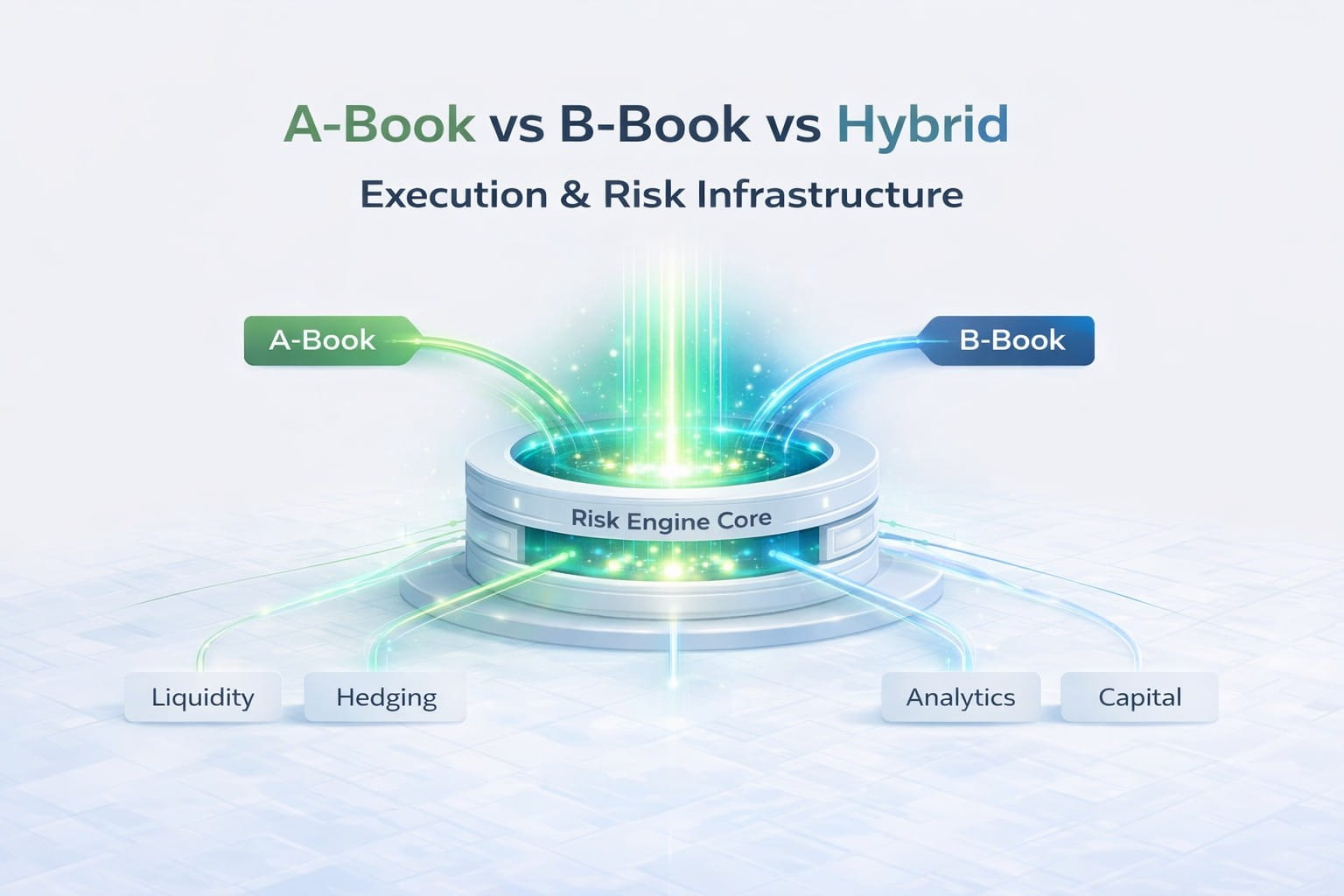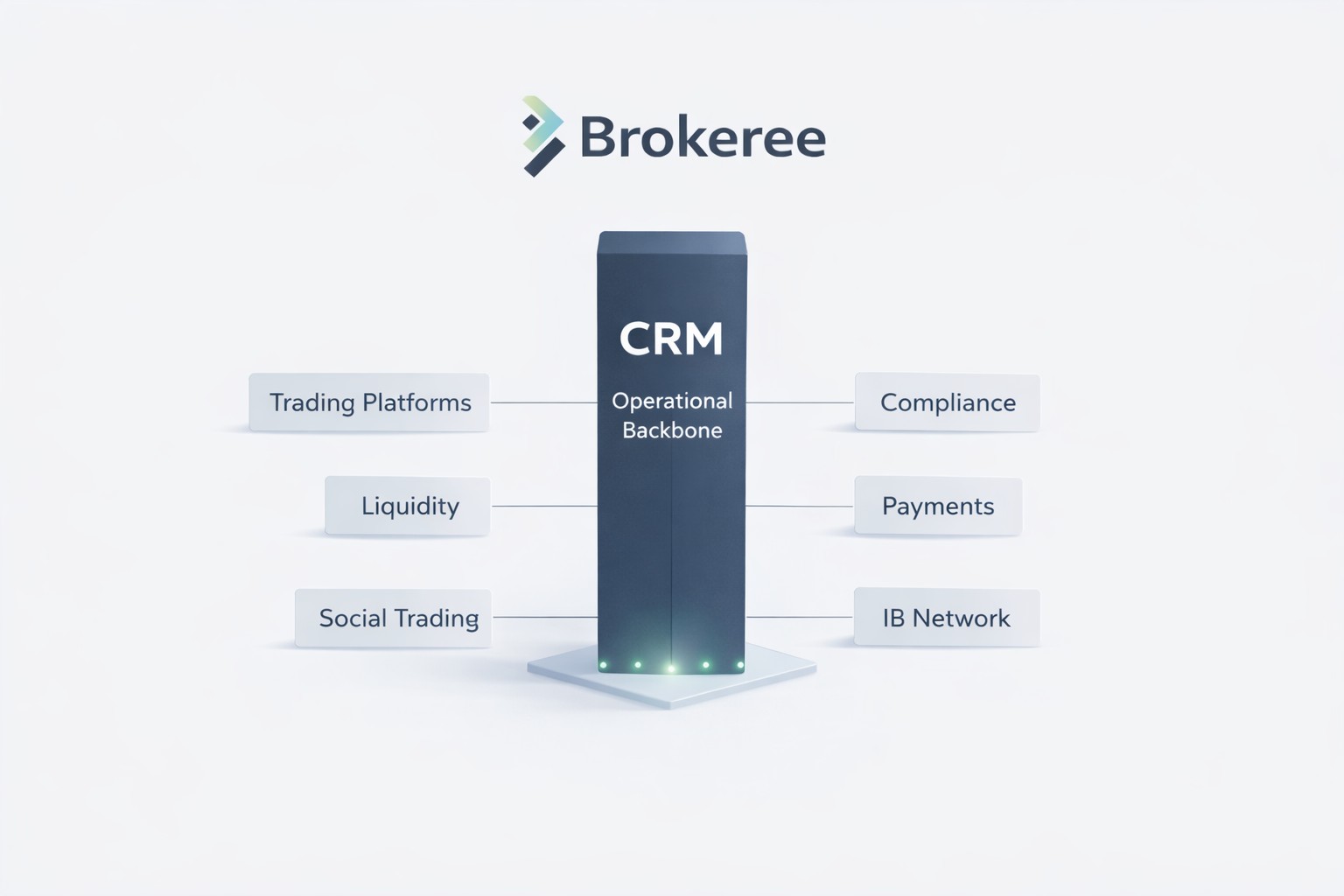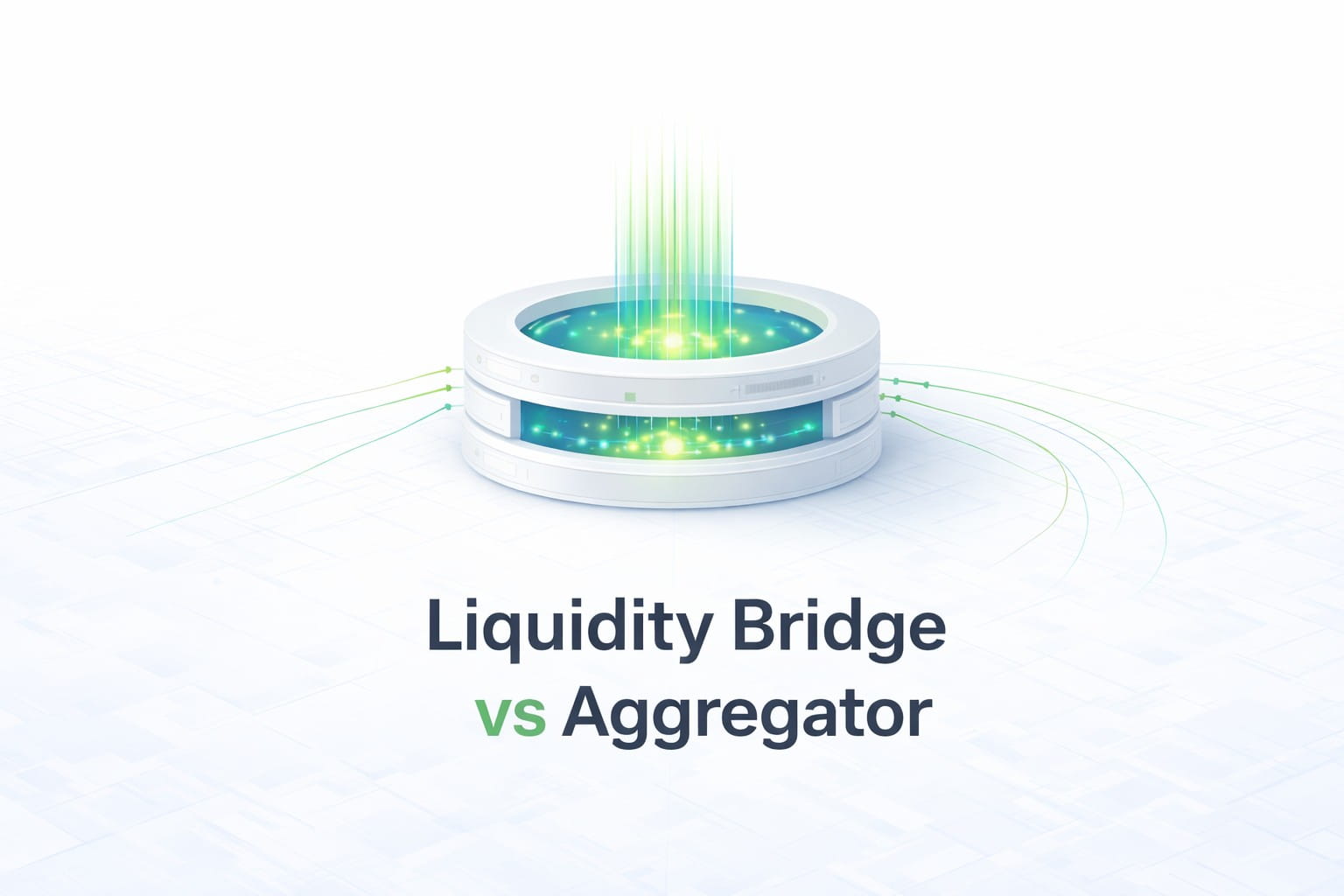You probably know this, but it bears repeating: you cannot formally run a brokerage business without obtaining a license.
A brokerage license is a legal permission granted by regulatory authorities, such as financial authorities or securities commissions, to allow an entity to conduct financial activities as a broker. Getting it not only makes your business more reputable but also legitimate.
You can offer services such as trading securities, commodities, foreign exchange, or other investment instruments, depending on the license type.
So, how and where can you obtain it? What are the peculiarities and minimum requirements for applying? In this blog, we’ll answer these questions and more.
How to Obtain a FX/CFD Brokerage License?
There are two ways new market entrants can get a brokerage license. They can either acquire an existing broker license or apply for a new one. If you plan to apply for a new license, there are a lot of legal complexities and requirements based on the jurisdiction in which you are applying.
Transferring an existing license without active currency operations may also not be feasible since the cost associated with it can be up to three times more than obtaining a new one.
So, if you plan to buy a new license, the procedure usually involves following legal standards, satisfying specific regulatory criteria in the selected jurisdiction, and knowing the financial laws to which you’re applying. We’ll discuss this in detail later.
The location of your clients can also play a key role in determining which license offers the most marketing prestige. For example, ASIC and FCA licenses are highly regarded in Southeast and Far East Asia, while CySEC is the preferred choice in the Middle East. For offshore licenses, Mauritius, Seychelles, and the Bahamas remain top choices, and South Africa is gaining traction as a popular option for targeting the African market.
What is the cost of obtaining a brokerage license?
The cost of obtaining a FX/CFD brokerage license will depend on the license type and jurisdiction. Reputed regulators such as CySEC, FCA, and ASIC usually have the highest requirements depending on whether the license is STP, a market maker, or if the entity has other services apart from trading.
Timeframe for Receiving a New Brokerage License
Due to the advanced AML policies, the timeframe to get a new license has slightly increased. In many jurisdictions, the application process for obtaining a new forex brokerage license takes 9 months and may have no guarantee of approval at the end of that period.
For specific jurisdictions like the Seychelles, the processing time is approximately 2-to-3 months. In contrast, more stringent regulatory environments, such as those in the U.S. or U.K., can extend the licensing process to 1-to-2 years due to comprehensive background checks and regulatory scrutiny.
The timeframe also depends on the license category. For example, if you are applying for a Category D license, there may be a much shorter timeframe. But if you are applying for higher-level licenses (like Category A or B), your application may require more thorough inspections and can take much longer.
Steps to Obtain A Brokerage License
Here is a step-by-step guide to obtaining a brokerage license. These steps are standard, irrespective of the jurisdiction you shortlist.
1. Choose the Right Business Structure
The first step is to select your company’s legal structure—corporation, LLC, or partnership. The legal structure you go with will have different implications for taxes, liability, and governance. For example, corporations offer limited liability and easier access to capital but may face double taxation. LLCs provide liability protection and pass-through taxation but can have restrictions on ownership transfers. If you’re unsure, it’s best to consult a financial and legal expert to align your structure with your long-term goals.
2. Select the Jurisdiction
Another thing that will impact your operations and reputation is your choice of jurisdiction. You must consider regulatory standards, tax policies, market access, and the stability of the legal and political environment. Some jurisdictions offer lower corporate taxes or exemptions, while others provide passporting rights for broader market access.
Here are some popular options:
- Seychelles makes getting started easy with the FSA’s straightforward process and competitive fees. You won’t pay capital gains tax here, and strong privacy laws protect your business interests.
- Vanuatu keeps things simple with low fees and minimal capital requirements through the VFSC. If you’re just starting out, you’ll appreciate how easy it is to offer various financial services here.
- Mauritius gives you a stable base with clear FSC regulations. You can trade forex, securities, and derivatives while enjoying good infrastructure and tax benefits. Plus, you’ll find plenty of skilled workers.
- Cyprus opens doors to Europe through CySEC regulation. As an EU member, you can operate across the EEA. You’ll get reliable banking, reasonable taxes, and strong professional support—all while meeting European standards.
- Belize works well if you’re targeting the Americas. The IFSC offers simple licensing and flexible business structures. You’ll benefit from asset protection, privacy laws, and a tax-friendly environment.
3. Meet the Capital Requirements
Most regulators require minimum capital, like liquidity thresholds, initial deposits, and ongoing adequacy ratios. This is to ensure financial stability and risk management. To meet the capital requirement, create a financial plan outlining your capital sources, such as shareholder investments or retained earnings. Provide supporting documents like bank statements and fully understand the restrictions on using these funds because some regulators might limit funds used for operational stability.
4. Preparing Documentation
Create accurate and detailed documentation that includes a business plan with financial projections, market analysis, and risk management policies. Well-prepared documents signal professionalism and commitment to compliance. Your AML and KYC procedures must meet international standards., and if you are a startup, you may need auditors to verify your financial statements.
5. Fulfilling Fit and Proper Criteria
Regulators often do background checks on the integrity and expertise of key personnel, including directors and shareholders. It’s a standard procedure. Therefore, disclose any past regulatory issues with explanations and fixes. Internal leadership integrity checks also help build trust.
6. Submitting the Application
Submit a complete application to the right regulator with all attachments. Writing a short cover letter explaining your commitment to compliance and ethics can also help. And since there can be to-and-fro of paperwork, it’s best to nominate a company contact and get legal advice to check and verify.
7. Navigating the Review Process
Regulators will review your application thoroughly and may ask for more information or clarification. Be quick, open, and responsive to show you are ready and committed to compliance, which can speed up the process.
8. Securing the License
Once approved, ensure all post-approval requirements are met, such as insurance or additional hires. Update your corporate materials to reflect your licensed status. Implement ongoing compliance programs with regular audits and staff training to maintain regulatory adherence and build trust.
Conclusion
Getting a brokerage license requires meticulous planning, significant capital, and familiarity with current laws and regulations. Choosing the appropriate jurisdiction, meeting all the legal requirements, and keeping strict compliance standards can help you build a trustworthy brokerage company ready for the financial markets. Involve legal and financial professionals throughout the process, and you’ll get the license faster and run your brokerage better. And with our turnkey technology solutions, you’ll be equipped to reach your goals faster and more efficiently.




